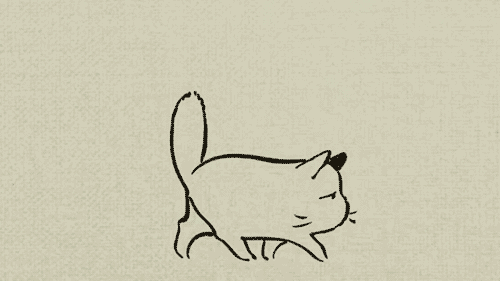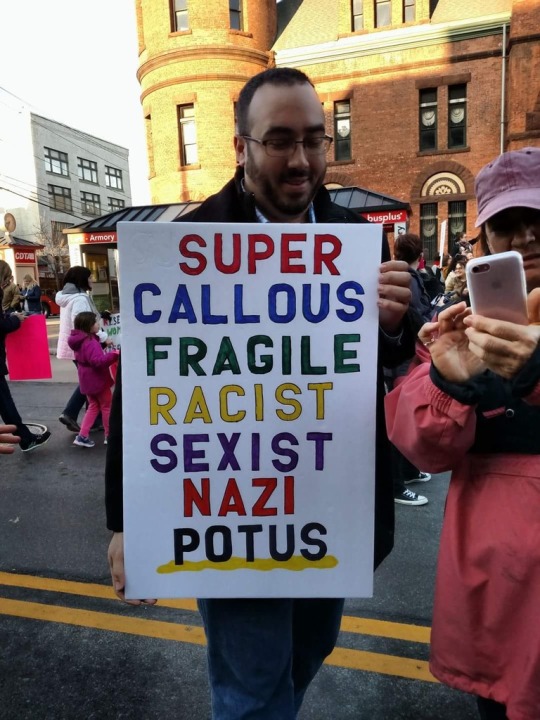23. England. Ich interessiere mich für Deutschland, Deutsch, die Sprachen, Geschichte, Rock und Indie Musik.
Don't wanna be here? Send us removal request.
Text
Feel my pain. #germanstudent #university #BAgerman
Usage of German tenses
So as most of you German learners might know, German has 6 tenses. But like English and various other languages, the scope of time each tense expresses doesn’t always match the tense itself - e.g. the present tense can describe future events in both German in English. This guide will give you an overview into tense usage!
Präsens/Present
i) Used to show future events. > e.g. Petra geht morgen ins Theater (Petra is going to the theatre tomorrow).
ii) Used to show presently-occurring events. > e.g. Petra kommt ins Zimmer (Petra is coming into the room).
iii) Used for general, time-independent events/facts that last a while. > e.g. Petra hat seit dem Frühjahr ein eigenes Haus (Petra’s had her own house since spring). > e.g. Eis ist gefrorenes Wasser (Ice is frozen water).
iv) Used in a ‘historical present tense’ to dramatise/re-narrate literary works. > e.g. Da liege ich doch gestern auf der Couch und lese ein Buch… (So there I was yesterday laying on the couch and reading a book…). > e.g. 1492: Christoph Kolombus entdeckt Amerika (1492: Christopher Colombus discovers America).
Präterium/Imperfect/Preterite
This is really mainly used in (formal-er) writing as an alternative to Perfekt, and with a handful of verbs.
i) Used in lengthy narrations, mainly to emphasis development. > e.g. Nach dem Dienst ging ich zur Kasse, um mein Gehalt abzuholen. Es standen sehr viele Leute am Auszahlungsschalter, und ich wartete eine halbe Stunde, reichte meinen Scheck hinen und sah, wie der Kassierer ihn einem Mädchen mit gelber Bluse gab. (After my shift I went to cash desk to collect my salary. There were a lot of people standing at the cashier’s counter, and I waited half an hour, handed over my check, and saw the cashier give it to a girl with a yellow blouse.)
ii) Used in media to show objectivity. > e.g. Gestern traf der Präsident in Bonn ein (The president arrived in Bonn yesterday).
Perfekt/Present-Perfect
i) Used for completed events whose effects are still relevant. > e.g. Die Blüten der Orchidee sind aufgegangen [und können jetzt von allen bewundert werden]. (The Orchid blossoms have come out [and can now by marvelled by all].)
ii) Used for completed events which still affect the narrator/listener. > e.g. Da habt ihr mich aber schön erschrocken (You really startled me there)!
iii) Used for time-independent, completed events. > e.g. Wer einmal Schwimmen gelernt hat, verlernt es sein ganzes Leben nicht mehr. (Whoever has learnt to swim will never forget it for the rest of his life.)
iv) Used for [an expection about] facts which are still impending. > e.g. Bis morgen Abend hat der Mechaniker den Motor repariert. (By tomorrow evening the mechanic will have repaired the engine.)
v) Used for completed events in the past. > e.g. Kolombus hat Amerika entdeckt (Colombus discovered America).
vi) Used to show a sequence of completed events, like a narration. > e.g. e.g. Nach dem Dienst bin ich zur Kasse gegangen, um mein Gehalt abzuholen. (After my shift I went to the cash desk to collect my salary.)
Plusquamperfekt/Plu-Perfect
i) Used to show one event before another in past, usually combined with Präterium and usually written. > e.g. Er lebte dort schon viele Jahre. Er hatte aber keine Freunde gefunden.
Futur I
i) Used to show future events. > e.g. Ich werde dir bestimmt helfen (I’ll definitely help you)!
ii) Used to show an assumption/educated guess/expectation about a future event. > e.g. Bald wird es Suzi schon wider besser gehen (Soon Suzi will probably be fine again).
iii) Used to show an assumption/educated guess/expectation about a presently occurring event. > e.g. Der Vater wird noch im Büro sein (The dad is probably still at the office).
iv) Used for time-independent events. > e.g. Wer Wind sät, wird Sturm ernten (“Sow the wind and reap the whirlwind”).
v) Used for a demand. > e.g. Du wird jetzt sofort verschwinden (Go away right now)!
Futur II
i) Used to show something that will be completed in the future. > e.g. Morgen wird der Mond um diese Zeit schon untergegangen sein. (Tomorrow the moon will have passed by at this time.)
ii) Used for an expection about facts which are still impending. > e.g. Der Mechaniker wird den Motor wohl endlich repariert haben. (The mechanic will probably have finally repaired the engine.)
iii) Used for an expectation about something whose effects are still ongoing. > e.g. Der Mechaniker wird den Motor wohl schon repariert haben. (The mechanic will probably have be repaired the engine.)
iv) Used for an expectation about something that has been completed. > e.g. Der Mechaniker wird den Motor schon gestern repariert haben. (The mechanic probably finished repairing the engine yesterday.)
Wow I posted 2 helpful things 2 days in a row go me. Enjoy all :)
2K notes
·
View notes
Text
When you are a German student at university these words get VERY relatable.
Sleepy vocab in German

der Schlaf - sleep schlafen - to sleep schläfrig - sleepy
die Müdigkeit - tiredness müde - tired gähnen - to yawn die Erschöpfung - exhaustion erschöpft - exhausted
Gute Nacht! - Good night! Schlaf gut! - Sleep well! Träum schön / süß! - Sweet dreams!
das Nickerchen - nap sich niederlegen - to lie down einschlafen - to fall asleep der Traum - dream träumen - to dream der Albtraum - nightmare sich hin und her wälzen - to toss and turn schnarchen - to snore ausschlafen - to sleep in aufwachen - to wake up aufstehen - to get up schlaftrunken - drowsy, sleepy (lit. “sleep drunk“) ausgeschlafen - well-rested wach - awake
das Schlafzimmer - bedroom das Bett - bed die Couch, das Sofa - couch, sofa die (Bett)decke - blanket das Kissen, der Polster (österr.) - pillow das Nachtkästchen, der Nachttisch - nightstand die Nachttischlampe - bedside lamp der Wecker - alarm clock
der Schlafmangel - sleep deprivation die Schlafst��rung - sleep disorder die Schlaflosigkeit - insomnia das Schlafwandeln - sleepwalking
6K notes
·
View notes
Photo

A friend sent this picture to me, said it was from the Woman’s March in Albany.
239K notes
·
View notes
Quote
Unapologetically be yourself. And if yourself is in love with yourself then go for it. Don’t let other people tell you who to love. Especially yourself.
Rose Ellen Dix (via alissa-never-enough)
So much sense in this.
(via roseellendix)
Be the most undiluted version of yourself. And never say sorry for that.
2K notes
·
View notes
Photo
She is so wonderfully beautiful isn't she?! 😍

1K notes
·
View notes
Photo
I love ryuk 😀

Why do I love this lil fucker so much? 🍎✌🏼💕
284 notes
·
View notes
Photo

PARKWAY DRIVE WERE AMAZING 💕💕
0 notes
Photo
Stunning

Viking ship from Oseberg. 830 AD, Norway
Source: https://imgur.com/3yc2wHN
303 notes
·
View notes
Photo

So I don’t normally post but I came across this painting called ‘The Accolade’ by Edmund Blair-Leighton while researching for my essay on gender identity and Malory and I found it really beautiful and fascinating. It’s of Queen Guinevere knighting Lancelot. Knights were usually knighted by their King, but Lancelot deliberately avoids receiving the sword from Arthur because he intends for Guinevere to give him the honour instead. Not only does this highlight his overwhelming love (he says himself that he loved her ‘oute of measure’) and respect for her, but it also acts as a pledge of his loyalty and service to her, and thus he would serve as the Queen’s knight as opposed to the King’s. The Queen becomes Lancelot’s lord and master, subverting all our expectations about gender and power in the medieval court.
4K notes
·
View notes
Photo
Komm mit uns auf großer Fahrt
#viking #longboat #norse #norsemythology #oldnorse #trustthegods #odin

2K notes
·
View notes








